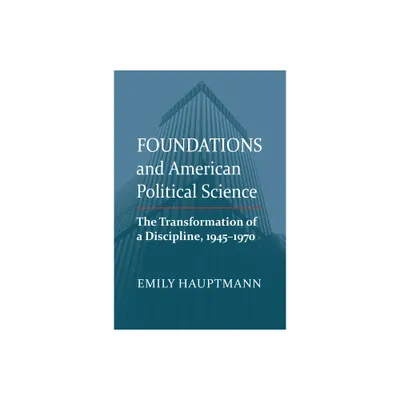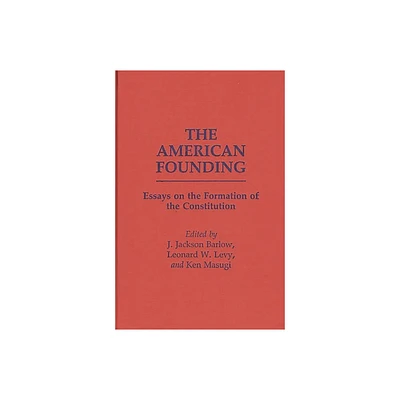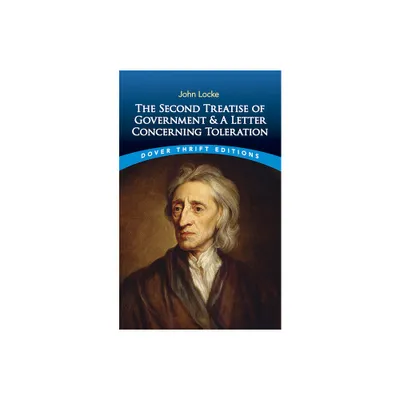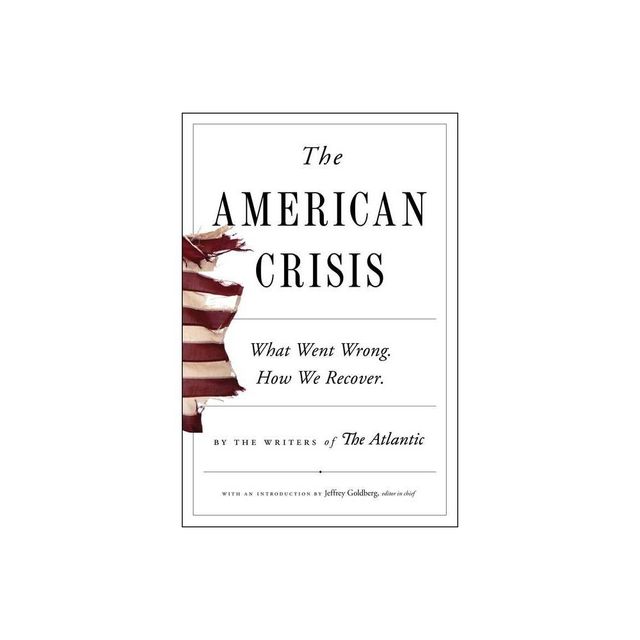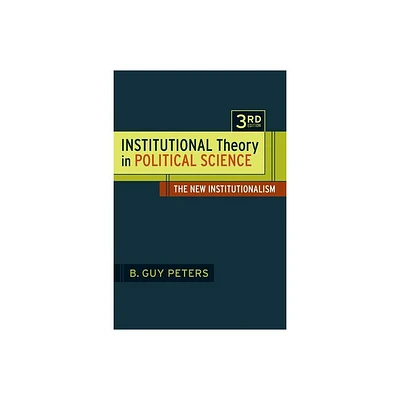Home
Disenchanted Realists, Second Edition: Political Science and the American Crisis
Loading Inventory...
Barnes and Noble
Disenchanted Realists, Second Edition: Political Science and the American Crisis
Current price: $36.95


Barnes and Noble
Disenchanted Realists, Second Edition: Political Science and the American Crisis
Current price: $36.95
Loading Inventory...
Size: Paperback
*Product Information may vary - to confirm product availability, pricing, and additional information please contact Barnes and Noble
When it first appeared three decades ago, Raymond Seidelman's provocative study of the history of political science both attracted a great deal of attention and generated vibrant controversy. Where prior studies of the history of political science had concentrated on the evolution of the scientific study of politics, Seidelman placed his focus on the tenuous relationship between the scientific study of politics and the real world of American democracy. Examining paired sets of political science luminaries over a century, he finds recurrent hopes that a "science of politics" can be a "science for politics," and recurrent frustrations that neither elites nor democratic publics respond to the findings of political science or defer to its claims of scientific authority. Analyzing the reasons for political science's limited impact on democratic reform, Seidelman raises the prospect that the progressive dreams of American political science, rising and falling over the course of a century, may finally be exhausted.For this new edition, Bruce Miroff and Stephen Skowronek have written a foreword that relates the genesis of the book and the career of the late Ray Seidelman, while James Farr, a distinguished scholar of political science history, has contributed an extensive afterword. Whether readers concur with or dispute Seidelman's conclusions about the practical significance of political science, they will be challenged by the scope and power of
Disenchanted Realists
. The book invites a new generation of political scientists to examine the problematic development of the discipline they practice and to reflect on the public meanings of what they do in their own careers.


